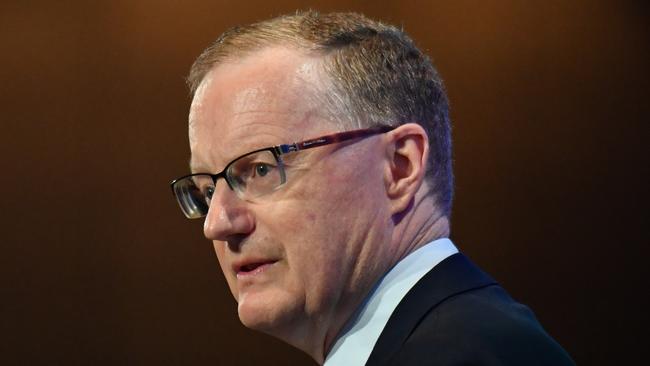Terry McCrann: Reserve Bank decision a vote of confidence in economy
The Reserve Bank did not hold off cutting its official interest rate because of the upcoming federal election and this is critically important to understand on two levels, writes Terry McCrann.
Terry McCrann
Don't miss out on the headlines from Terry McCrann. Followed categories will be added to My News.
The Reserve Bank did not hold off cutting its official interest rate because of the election.
This is critically important to understand on two levels.
First, because it does not mean that it’s locked in a rate cut for the next meeting, in early June after the election.
That said, it is entirely possible that we could get such a rate cut — if the jobs and jobless numbers turned seriously bad in the next jobs report, which will be released on Thursday week, just two days before the election.
RESERVE BANK KEEPS CASH RATE ON HOLD
Or, of course, if we got some sort of global meltdown.
Secondly, if the RBA had decided it had to cut, it would have cut, election or no election — just as it did in 2013, but in that case, right at the start of the campaign.
The only other time it has changed its rate in an election campaign was — most controversially — in 2007.

It was controversial, very controversial; for two reasons. The shock of it happening — it was the first time it had been done. And the fact that the RBA hiked its rate, sending politically sensitive mortgage rates higher right before election day.
All this said, the RBA would have been very conscious that whichever way it had jumped today, its decision could and would have been politicised.
More importantly, more broadly, the decision tells us quite unambiguously that despite all the forecasts of gloom — especially in the wake of the property market plunge — the RBA does not see the economy in, or even more critically sliding towards, trouble.
This is supported by its forecasts. It is still predicting growth in the economy to be pretty solid at just less than 3 per cent this year and next, and inflation slowly getting back to 2 per cent.
And it is still predicting what it really wants — stronger wages growth as well, but without costing jobs.



